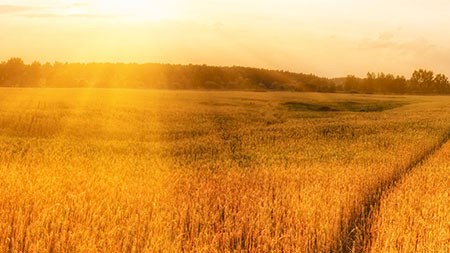The concept of private ownership of property has again come under the spotlight, highlighted by opportunist politicians on a path to mislead the poor and uneducated, no doubt for power and personal enrichment.
I am a free market advocate. If you want more housing, create an environment that gives benefit to the individual who creates it, and make sure that the markets are well oiled, and you will get housing. The more you interfere with the market the less chance you will achieve that goal. When we build or buy houses, we create supply, which collectively, keeps the price of housing in South Africa relatively low. (Even though we are trying to profit from the price increases that inevitably come when demand outstrips supply)
I am not naïve to the challenges facing the growing gap between rich and poor, land owners and landless, but messing with our intrinsic right to own property is so counterproductive its frightening we actually are still having this debate. I can find no example where any place in the world has flourished under communal land ownership of any shape, please correct me if I am wrong. There is also few examples of government being capable of running any business efficiently.
I accept that the idea that a person could own land has not always existed. Feudal lords in medieval Europe distributed land in much the same way as in much of Africa where Tribal Chiefs still prevail. Tenure was traded for loyalty, soldier duties and taxes.
This changed in much of Europe starting in 1789 with the French Revolution where the lands belonging to the aristocracy were seized and redistributed. The Russian Revolution of 1917 and the Chinese Revolution of 1949 was even more radical doing away with private ownership altogether. Mugabe’s Zimbabwe is hardly an example, because there appeares to be no constructive purpose in the way that productive farms are still being stolen and destroyed, but the result of that is clear to see. So we now have the benefit of learning how badly these economies failed, and the faster they have reformed and privatised, the more they have developed.
When colonialists spread into the new world they bought, bartered and stole land from the indigenous people in the countries they occupied. But by cutting up the land giving ownership, thereby providing INCENTIVE to mostly hardworking and sometimes skilled immigrants, to farm, mine, or improve, FOR THEIR OWN GAIN, resulted in those countries flourishing.
In Africa today, there is a direct correlation between the amount of privately owned land and the size of GDP.
We can’t turn back the clock but we can learn from the past, and implement the best strategy to create jobs, housing and food for the people of Africa. The answer is for government to fire up the power of entrepreneurship. MORE land ownership is the answer, so get the land off the government balance sheets and put it in the hands of the people. Reform the tribal system to provide tradable title to the occupants. Give mining rights to the highest bidder so we can get the capital and expertise to unlock our HUGE natural resources, privatise the generation of electricity and rail infrastructure so foreign capital can help us dig the stuff out, process it and get it to the ports.
The rapid growth in GDP, tax revenues and employment that will follow will quickly reinstate this awesome county of ours to top position, as an example of true democracy, where state really is “for the people”.
Its a no Brain-er!


